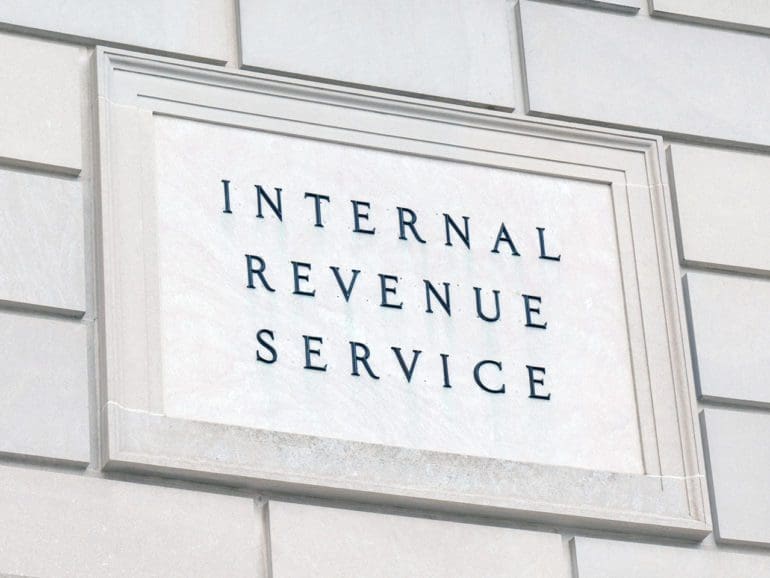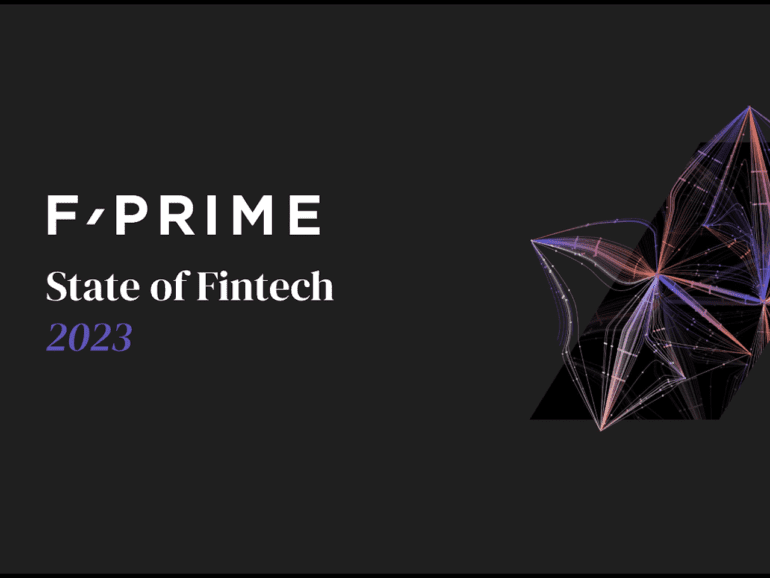On Tuesday, Synctera announced the first Baas industry line of credit product, to help companies and users access credit lines.
Tax Guard gives lenders proactive insight into hidden tax risks before liens are filed through unique links with the IRS.
The market's reaction to Twitter's frenzy could indicate trust issues in the finance sector that fintechs if prepared, could bridge.
Recent data shows that startups raised $118 million in Q1 via ICOs or initial coin offerings, down significantly from $6.9...
The Economist magazine's intelligence unit (EIU) has published a report on regulatory support for financial inclusion in developing countries and it is now gaining traction with press and analysts; the report scores countries on having an inclusiveness strategy and building governmental and private sector expertise, then provides in-depth details in areas including credit markets, non-regulated lenders, payments and insurance; Colombia ties Peru this year for the most progressive country; India has shown the most improvement; Latin America and East/South Asia are leaders regionally while Africa and the Middle East remain behind; the EIU performed the research in conjunction with the Center for Financial Inclusion at Accion and the Multilateral Investment Fund at the Inter-American Development Bank. Source
A week on from Silicon Valley Bank's fall, Fintech Nexus hosted a webinar to discuss what happened and what's next for the institution.
Chris Skinner writes about the five phases in the development of the fintech industry; phase one was from 2005-2014 and...
F-Prime's latest state of fintech report shows a sector being refined towards genuine disruption. Valuations are down, but not all is lost.
Super apps in Asia have been a resounding success. However, will Europe and the U.S. see the same adoption? We spoke to Revolut's U.S. head of growth to find out.
Jiedaibao, launched by JD Capital, would give people looking to engage in debt recovery all kinds of personal data belonging to overdue debtors, including phone numbers, addresses and even ID card numbers; releasing this kind of information would allow for any freelance debt collector to harass borrowers into paying their overdue amounts; this type of practice in China is not all that unusual as past debt collection efforts have discussed the release of nude photos if payments are missed; the agreement would give the "debt collector" 40% of the debt paid. Source







